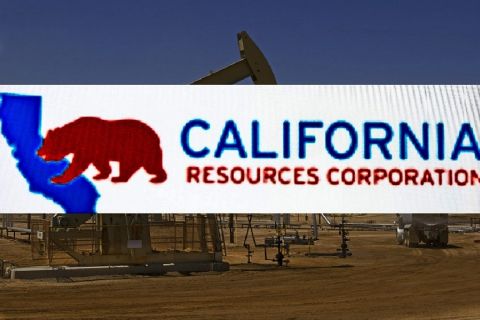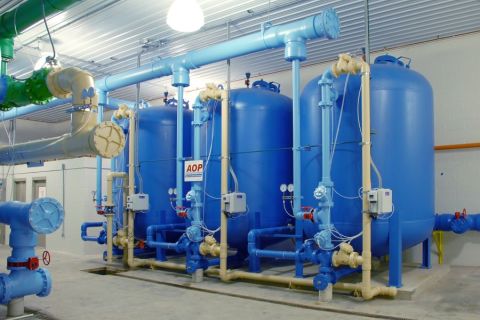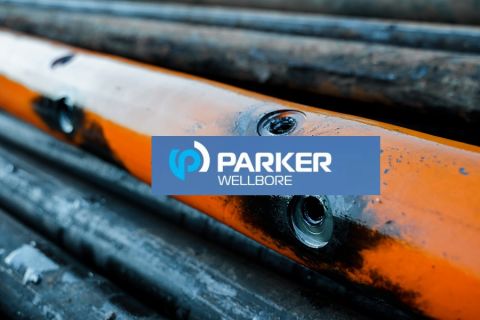The U.K. Kraken development is on track to deliver first oil before the end of June, significantly under budget, while operator EnQuest said it is also making strong progress on other U.K. projects.
When EnQuest sanctioned Kraken the project had a gross capex of $3.2 billion. Following significant cost reductions, it is now estimated that the development will cost only $2.5 billion, a source familiar with the matter told SEN. This equates to an overall capex reduction of $700 million, or about 22%.
Though EnQuest has not disclosed the target start-up production rate, the forecast gross peak plateau production is expected to be about 50,000 boe/d. The timescale to reach this is uncertain. Enquest noted in its recent financial results that, “as with all developments of this scale, wells will be brought onstream in a phased manner in line with good reservoir management practices, aiming to maximize long-term productivity and value.”
On the Kraken development, all drilling is now complete on DC1 and DC2, and the rig has moved to DC3 where “further excellent progress has been made on the drilling program. Drilling performance to date has significantly de-risked delivery of the project to and beyond first oil,” the company said. “The project continues to be under budget and on schedule.”
DC1 and DC2 subsea commissioning is complete and ready for operation. The turret pipework and emergency shut down valves have been installed. Nitrogen/helium leak testing has been successfully conducted, and the final rotation testing is complete.
Also, the boiler systems are running well and the water injection and HSP power pumps have been commissioned. Testing and other topsides and subsea infrastructure final commissioning work is ongoing. The handover of FPSO systems from commissioning to operations is ongoing.
“Longstanding discussions with Bumi continue in relation to the remedies of Kraken partners for contractual infringements by Bumi,” EnQuest added.
At startup, 13 wells will be available comprising seven producers and six injectors. EnQuest’s CEO Amjad Bseisu said Kraken is on track to reach first oil by the end of June and hit opex and capex targets.
“First production from the Kraken development will give EnQuest its seventh operated hub and will mark a turning point in EnQuest’s progress from a period of heavy investment to one focused on cash generation and deleveraging the balance sheet,” Bseisu said.
Production Plans
EnQuest also reaffirmed its 2017 guidance for average production of between 45,000 boe/d and 51,000 boe/d, “which reflects the Kraken contribution in the second half of 2017.”
Production averaged 37,856 boe/d from January through the end of April, down from the 42,752 boe/d in the same period in 2016, reflecting natural declines in existing producing assets, the operator said.
“EnQuest’s proposed acquisition and operation of interests in the Magnus oil field and the Sullom Voe Terminal is on schedule for completion around the end of the year. This transaction recognizes EnQuest’s differential operational capability in managing mature assets and infrastructure, essential in the North Sea Basin at this point in its evolution,” Bseisu said. “Magnus will be EnQuest’s eighth operated hub and provides the potential for significant future growth.”
The Magnus/SVT transition and acquisition program will see no cash outlay for EnQuest.
Project Updates
EnQuest also reported on the performance of its assets in the U.K Northern North Sea and Central North Sea.
Northern North Sea
- Thistle/Deveron fields: A program improving the reliability of water injection is being implemented and is already having a positive impact.
- Don fields: Well performance has been particularly good at Don Southwest, with high levels of production efficiency across the fields.
- Heather/Broom fields: The 2017 Heather/Broom production is progressing “broadly according to plan.”
Central North Sea
- Greater Kittiwake Area (GKA) and Scolty/Crathes fields: The work program in GKA for 2017 is focused on optimizing production from the existing well stock, including the Scolty and Crathes fields. Good production has been delivered from the GKA fields, with very high levels of plant uptime. Initial rates on Scolty and Crathes for first-half 2017 have been constrained due to operational issues. Work is ongoing to restore the rates.
- Alma/Galia: As expected at the time of EnQuest’s results announcement in March, 2017 production from Alma/Galia has been lower than 2016, given two wells are shut in, production outages in first quarter due to storm damage and natural decline. Discussions are ongoing with the electrical submersible pump supplier on rectification plans to address pump reliability issues.
- Alba Field (non-operated): Production from Alba benefitted from the A49 well coming back online in March.
—Steve Hamlen
Recommended Reading
NOG Closes Utica Shale, Delaware Basin Acquisitions
2024-02-05 - Northern Oil and Gas’ Utica deal marks the entry of the non-op E&P in the shale play while it’s Delaware Basin acquisition extends its footprint in the Permian.
California Resources Corp., Aera Energy to Combine in $2.1B Merger
2024-02-07 - The announced combination between California Resources and Aera Energy comes one year after Exxon and Shell closed the sale of Aera to a German asset manager for $4 billion.
DXP Enterprises Buys Water Service Company Kappe Associates
2024-02-06 - DXP Enterprise’s purchase of Kappe, a water and wastewater company, adds scale to DXP’s national water management profile.
Pioneer Natural Resources Shareholders Approve $60B Exxon Merger
2024-02-07 - Pioneer Natural Resources shareholders voted at a special meeting to approve a merger with Exxon Mobil, although the deal remains under federal scrutiny.
Parker Wellbore, TDE Partner to ‘Revolutionize’ Well Drilling
2024-03-13 - Parker Wellbore and TDE are offering what they call the industry’s first downhole high power, high bandwidth data highway.





